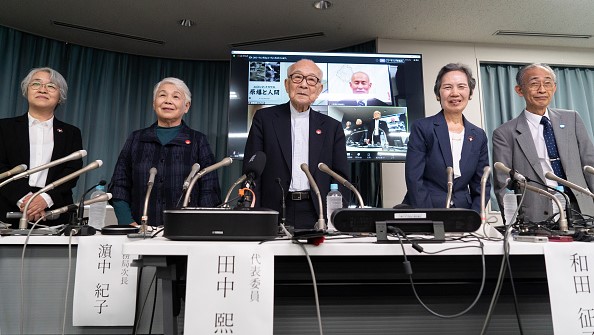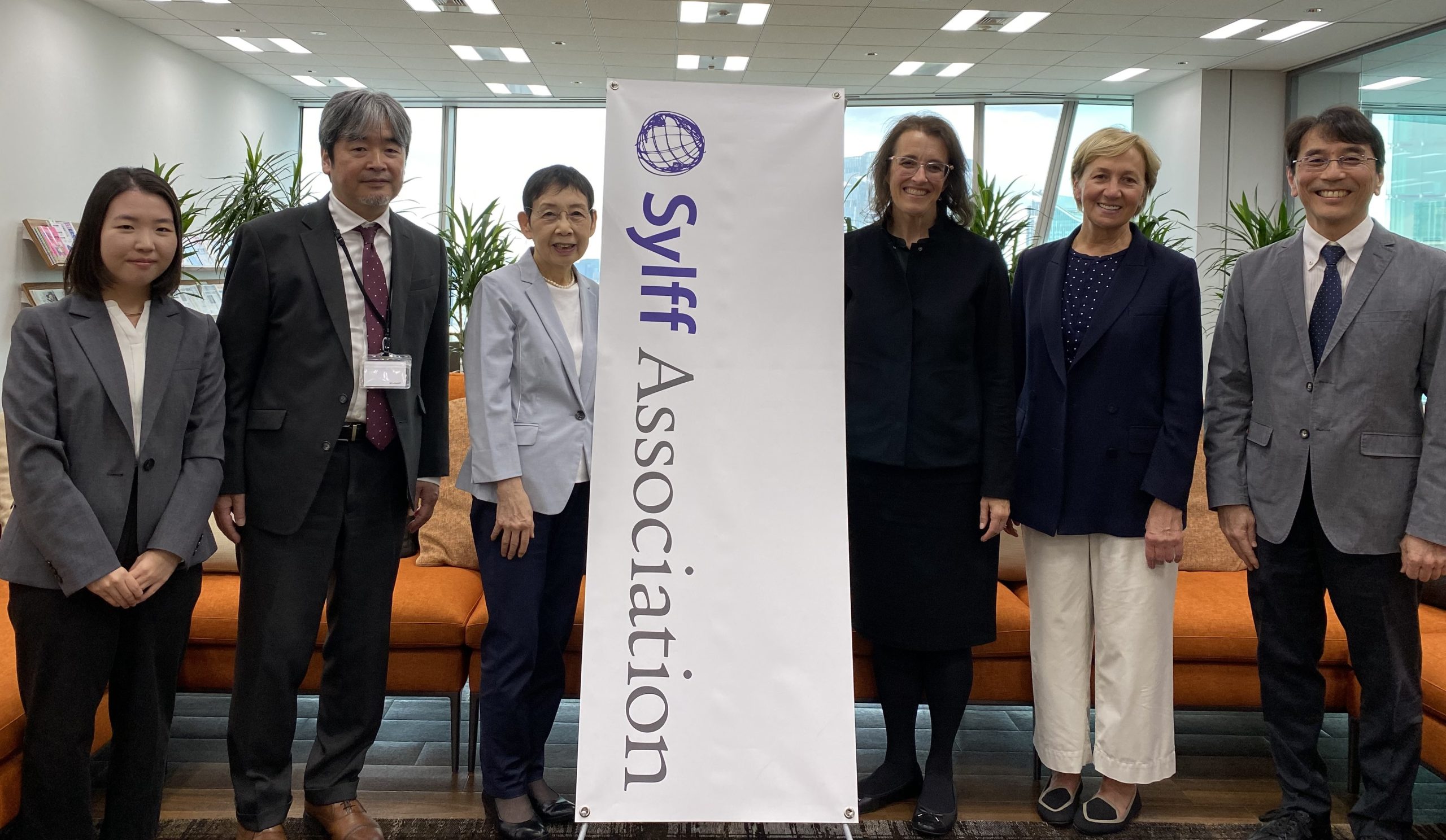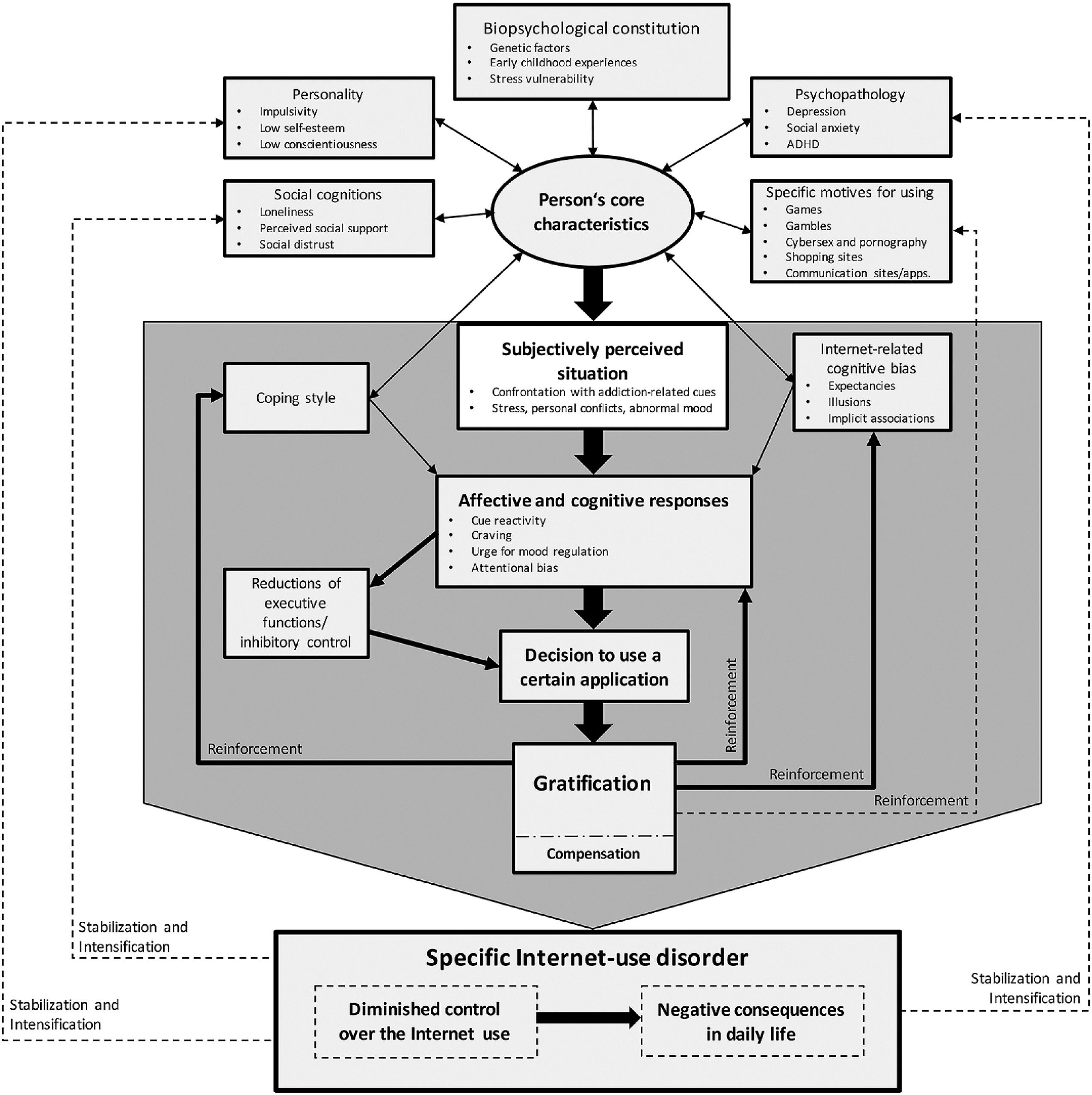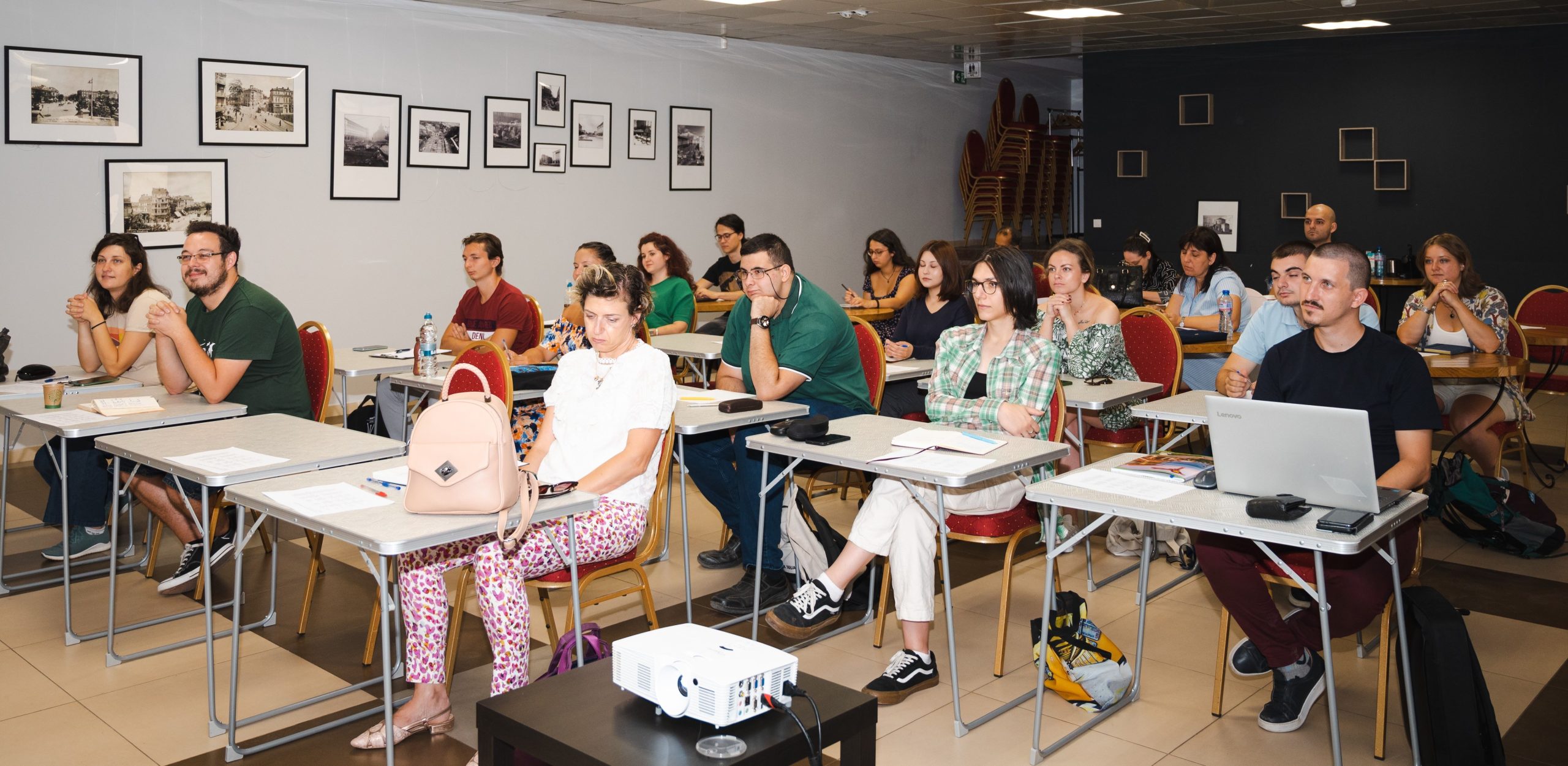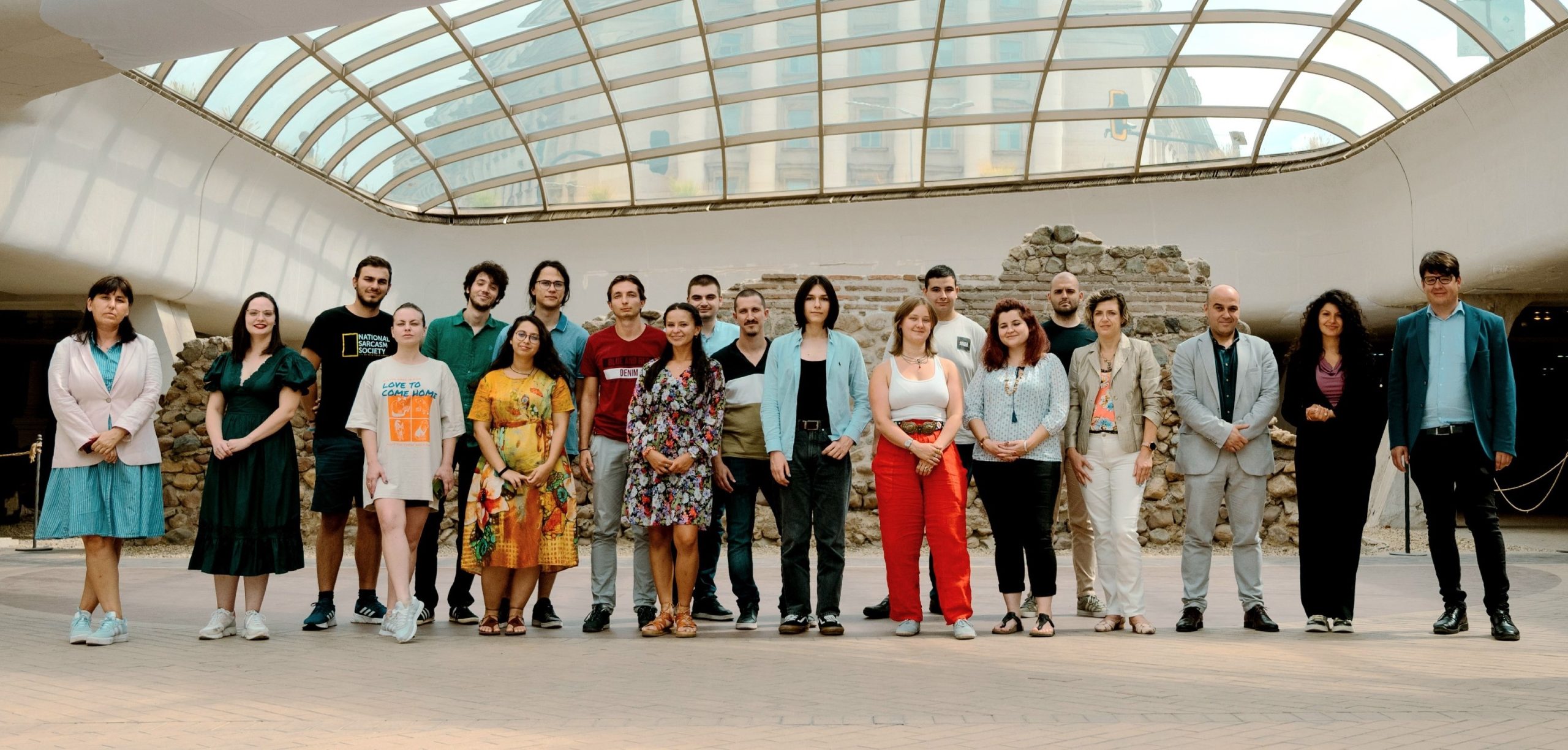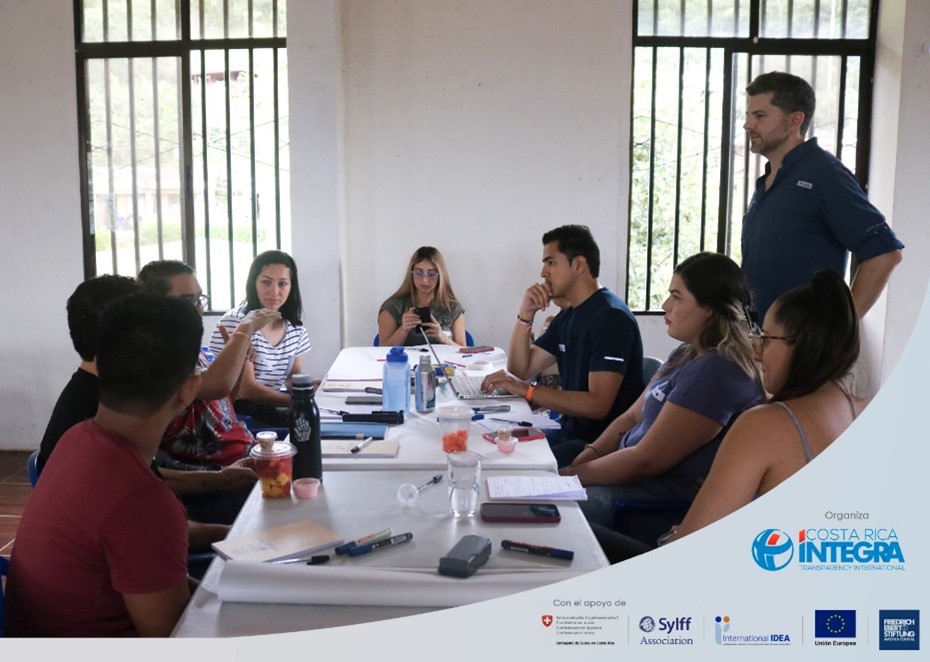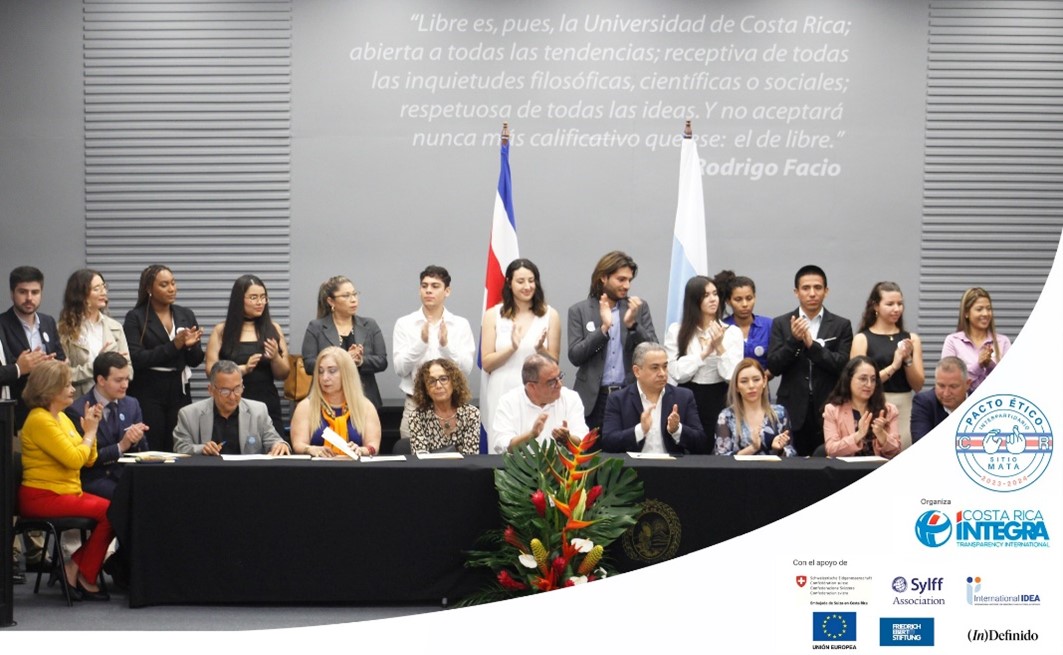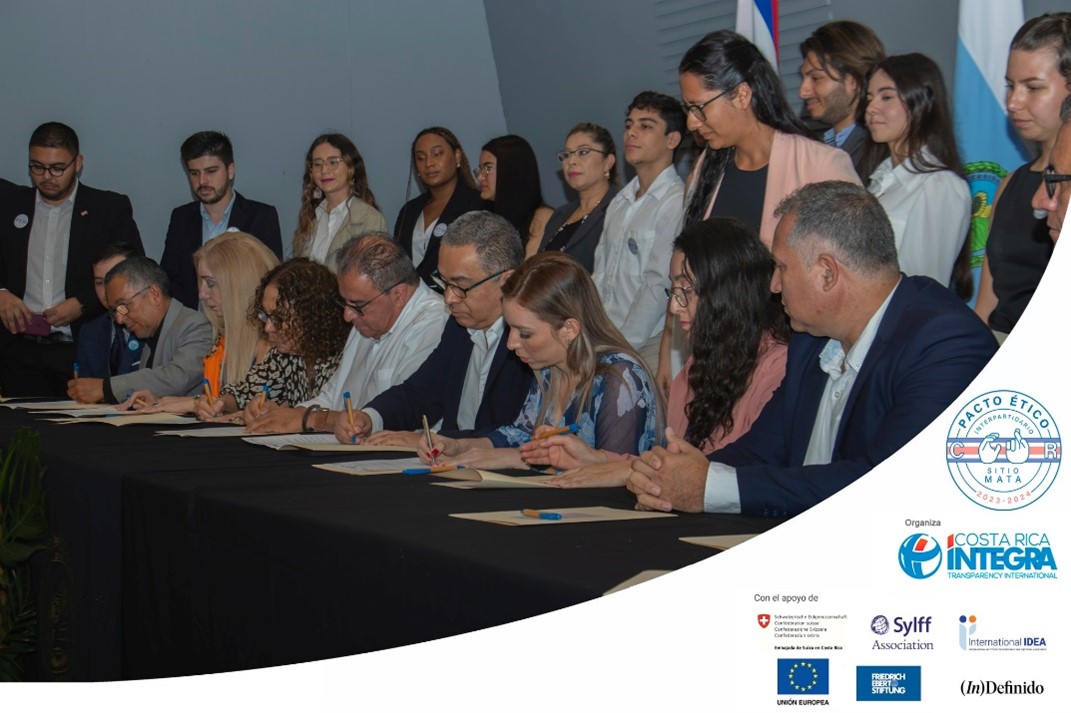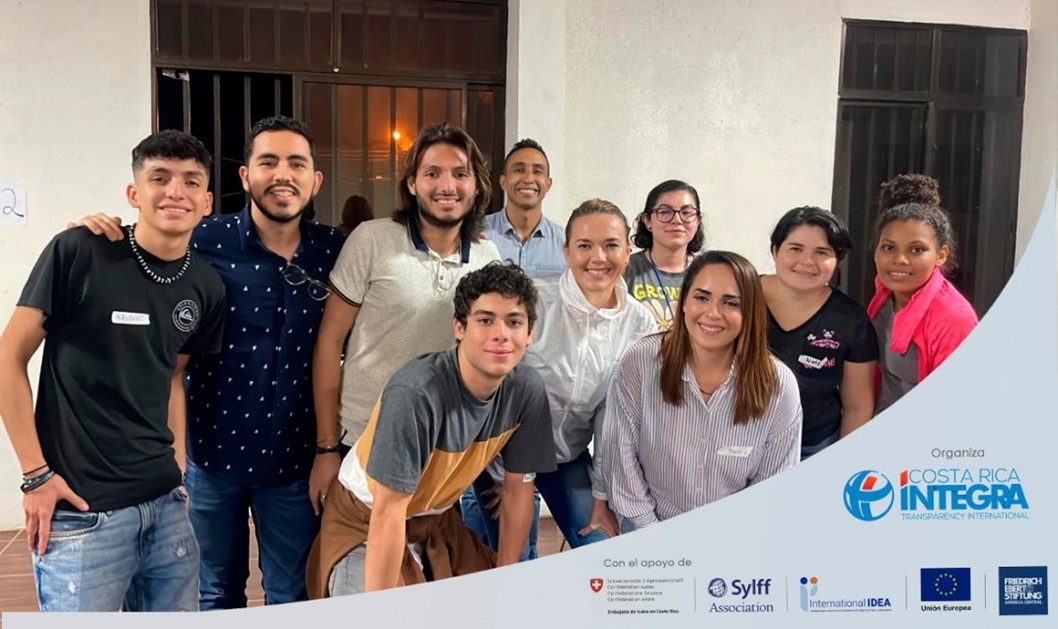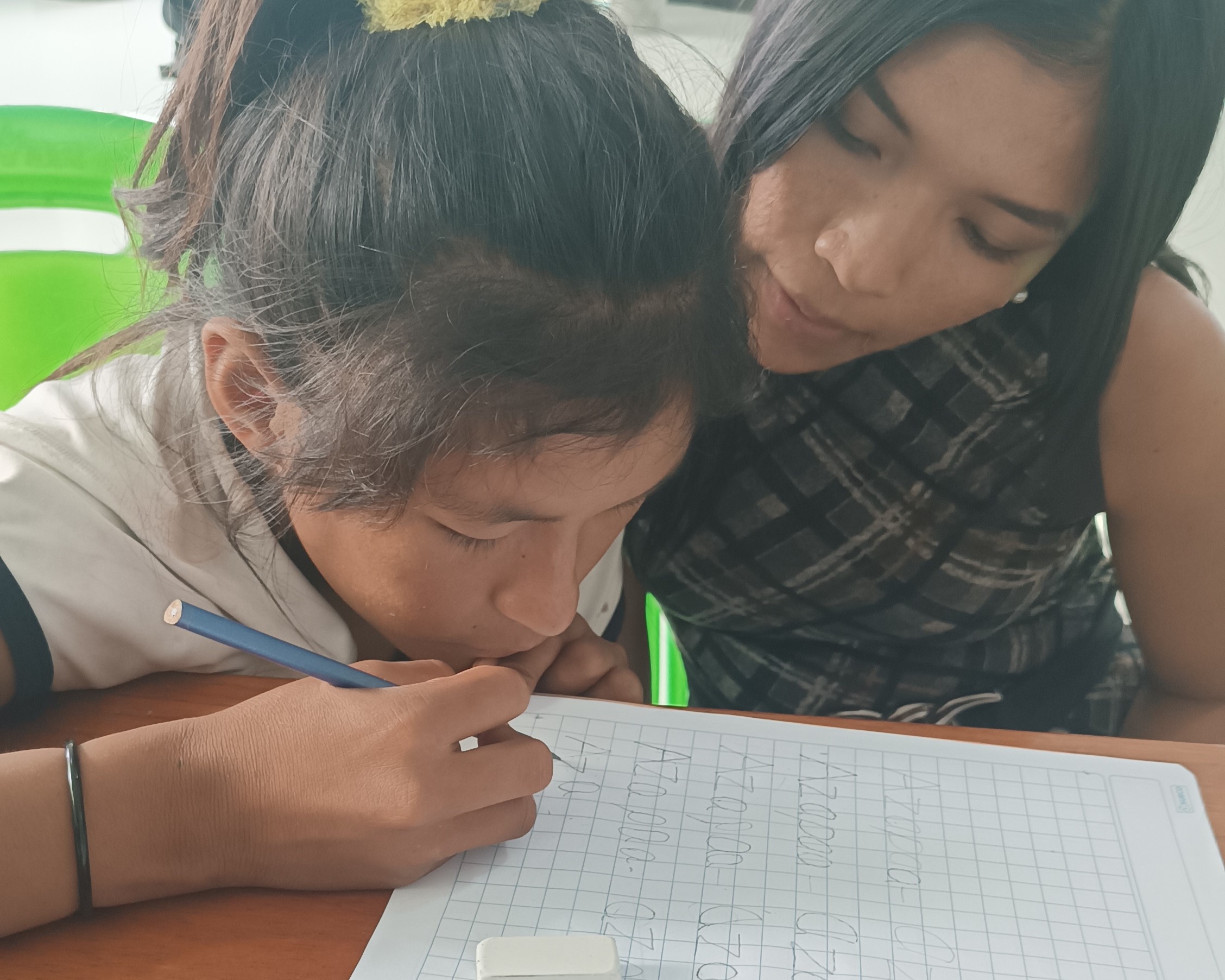French musicians toured the United States during World War I as part of an effort to strengthen diplomatic ties through the universal language of art. This initiative, writes Gabriele Slizyte (Conservatoire de Paris, 2019), was led by the French government but was also aided by American philanthropists, helping lay the groundwork for ongoing cultural exchange between the nations.
* * *
During World War I, French musicians travelled to the United States under the auspices of the French government as representatives of their country to promote classical music. These “concert tours” were part of a detailed and well-organized government plan to persuade the United States to join the war as an ally. With these diplomatic and cultural initiatives, the French government was able to not only bolster its military position but also keep the “French spirit” intact. Following the war in 1922, the Association française d’action artistique (AFAA) was created by the Ministry of Fine Arts and the Ministry of Foreign Affairs to maintain and develop these cultural actions through concert tours.
I am currently conducting research on the AFAA and French musicians in the United States as part of my PhD thesis. Because this topic involves a transatlantic relationship, I needed to visit both French and American archives to conduct an impartial analysis of this cultural and diplomatic initiative encompassing such various disciplines as music, history, sociology, and politics. With the help of an SRG award, I was able to conduct a three-part research project between April 1 and September 11, 2024.
Personal, Rather Than an Institutional, Approach
The first phase of this project was decrypting the daily work of the AFAA as an administrative agency. I wished to go beyond a surface understanding based essentially on an investigation of the institutional archives located near Paris. I thus conducted domestic fieldwork at the Institut Mémoires de l’édition contemporaine, situated in the Ardenne Abbey near Caen, France, to study the personal records of the AFAA’s founding director Robert Brussel (1874–1940). During a four-day archival residency, I became immersed in his correspondences with sponsored artists and also learned about his daily work routine as director through his drafts and written reports of the association’s activities. This personal approach led to a better understanding of the work-based relationship between AFAA staff, government workers, and artists.
The second phase was conducting international fieldwork, visiting notable archival collections of libraries,[1] universities, and symphonic orchestras in the Northeastern United States:
- Philadelphia Orchestra Association records, Kislak Center for Special Collections, Rare Books and Manuscripts, University of Pennsylvania
• Otto H. Kahn Papers; Manuscripts Division, Department of Special Collections, Princeton University Library
• Rockefeller Archive Center, Sleepy Hollow, New York
• Boston Symphony Orchestra Archives, Boston
• Yale University, Irving S. Gilmore Music Library, The Virgil Thomson Papers
• New York University Archives, Records of Town Hall
• New York Public Library, Manuscripts and Archives Division, James Hazen Hyde Papers
• New York Public Library for the Performing Arts, Gabriel Astruc Papers

At the Rockefeller Archive Center in Sleepy Hollow, New York.
The data I collected included correspondences, oral histories, business and institutional documents, memorabilia, printed materials, photos, and personal files. In addition to using this information to ascertain the frequency of concerts featuring French musicians, their repertoire, and what they earned, I was also interested to learn how, once financed by the government, they assimilated themselves in a foreign country and became ambassadors of French culture. In this endeavor, the Boston Symphony Orchestra Archives was the most interesting source of information. Since the orchestra’s founding, many French musicians have joined its ranks with the help of the French government. Their oral archives and memorabilia gave me fuller insights into their American careers and helped me to better understand the implications of the AFAA.
Even though the methodology of this project was aimed at obtaining quantitative data of French artists’ performances and spatial data of their tour circuits in the United States, I realized that this would not be complete without a third component. While studying the archives of prominent American financial figures who supported the AFAA’s actions, such as the Rockefeller family, Otto H. Kahn, and James Hazen Hyde, I discovered that philanthropic work represented a key component of defending cosmopolitan ideals during times of conflict. In that regard, the AFAA was not alone in defending and promoting French culture; there was a group of important figures that included artists, sponsors, politicians, and many others.
Cosmopolitan Attempt at Universalizing the Arts
Before starting my project, I hoped to advance the hypothesis that the AFAA, through the dispatch of artists and musicians to the United States, enhanced Americans’ appreciation of French culture and improved France’s image after World War I and World War II. As a result of my international fieldwork, I came to realize that the creation of AFAA in 1922 was not the start of such an endeavor but the consequence and institutionalization of the work initiated by French and American figures prior to World War I. As such, the war represented not the beginning but an acceleration of the process of universalizing the arts. Rather than attempting to impose French culture on a different country as a form of nationalism, the AFAA was a cosmopolitan attempt to make it a universal language and a tool of communication.
Even though the primary focus of my research was on musicians, some of the consulted archives, such as the James Hazen Hyde Papers at the New York Public Library, pointed to the importance that theater and language can also play as vehicles of cultural dialogue. I hope to explore and analyze these documents in an upcoming article on the international tours of theater companies.

The New York Public Library.
During both my domestic and international fieldwork, I wished to go beyond an examination of the roles played by institutions. Thus it was crucial to gain a better understanding of the work of key figures in Franco-American relations. The philanthropic work of the Rockefellers, the participation in the Red Cross and collaboration with the Alliance Française by James Hazen Hyde, and the support extended to artists by Otto Kahn and Gabriel Astruc were given structure and augmented multifold by the creation of the AFAA.
The Sylff Research Grant has also enabled me to start a series of language translations of my work from French to English, which will allow me to communicate my findings to a broader audience.
The documents in the archives that I examined during this project testified to and reaffirmed the important role that artistic and cultural exchange played during wartime. Over the past century—and even now in our increasingly conflict-ridden world—musical, artistic, and cultural expressions can become powerful tools of personal identification and resistance, which are among the most significant and meaningful of human expressions.
I am very grateful to Mr. Yohei Sasakawa and all members of the Sylff Association secretariat for the Sylff fellowship and the SRG award. With your help since 2019 and later during the COVID lockdown, I was able to finish my studies at the Conservatoire national supérieur de musique et de danse de Paris and to start my PhD degree at the École des hautes études en sciences sociales. Your support and encouragement have allowed me to pursue my academic project. Thank you for letting me be a part of the Sylff community.
[1] As part of the project, I intended to visit the Patricia D. Klingenstein Library of the New-York Historical Society, but it was temporarily closed to researchers while it was preparing for the groundbreaking and construction of its new wing. However, I was able to obtain a limited number of reference scans from the James Hazen Hyde Papers.





